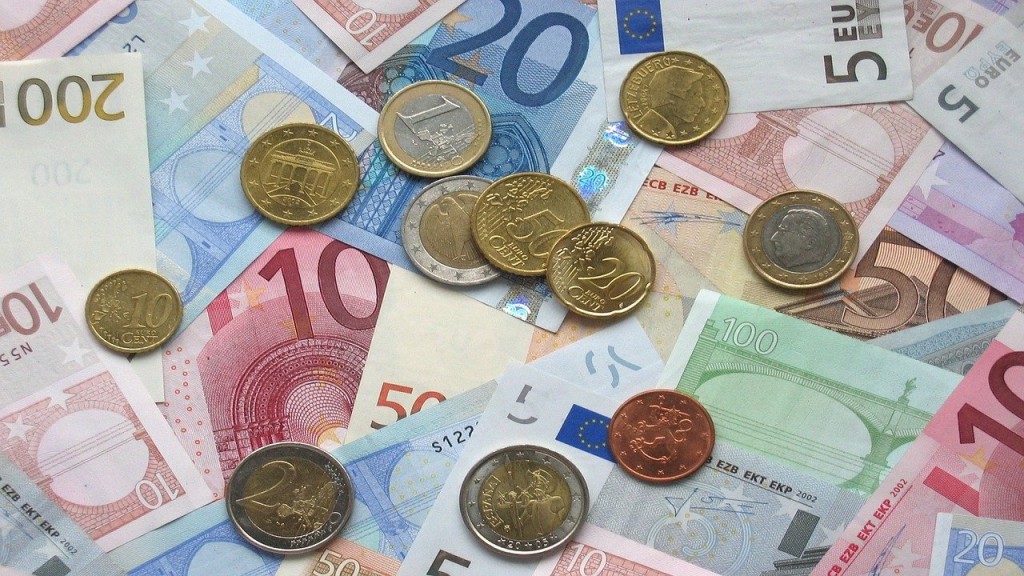
Το Σάββατο 20/08/2022 δημοσιεύθηκε άρθρο στην ιστοσελίδα του ειδησιογραφικού πρακτορείου Xinhua με τίτλο «EU’s “enhanced surveillance” on Greek economy ends». Το άρθρο φιλοξένησε σχετικές δηλώσεις του Πρωθυπουργού της Ελλάδας Κυριακού Μητσοτάκη, του Υπουργού Οικονομικών Χρήστου Σταϊκούρα και του Καθηγητή Χρηματοοικονομικής του ΕΚΠΑ Δημητρίου Καινούργιου.
Ακολουθούν τα εκτενή σχόλια του Καθηγ. Δ. Καινούργιου:
EU’s “enhanced surveillance” on Greek economy ends
Stressing that the Greek economy is on a path of growth, Kenourgios cautioned that this growth is now threatened by high inflation and the energy crisis globally.
«The entry of the Greek economy into the euro area at early 2000, followed by lower interest rates, led to a relaxation of fiscal policy. Between 2000 and 2010 the Greek economy had persistently produce fiscal deficits served by borrowing. At the same time, the current account balance was also in deficit (“twin deficits”). This situation was not sustainable.
The 2008 Global Financial Crisis led to an interest rates increase worldwide and a failure for further borrowing for Greece. The entrance of Greece into the MoU (Memorandum of Understanding) procedure was a solution to carry out the necessary reforms that the country deeply needed.
Indeed, since 2014, the fiscal deficit has disappeared and the current account gap has significantly narrowed. Unfortunately, the price to pay was the dramatic fall in GDP by 25% compared to 2008. This GDP downfall resulted in a significant increase in the debt-to-GDP ratio.
Following the end of the Memoranda in 2018, due to difficult but necessary reforms, the country has been stronger institutionally, in the labour market, in public administration with prospects of high and sustainable growth in the following years. However, the 2020 pandemic inevitably led to a return of twin deficits and a sudden fall in GDP due to lockdowns.
The one-off measures adopted across Europe have reversed the above situation and the Greek economy is now on a growth path. However, this path is threatened by the global phenomenon of high inflation and the energy crisis accelerated by the war in Ukraine. The Recovery Fund, an important tool to change the country’s growth model by boosting investment, exports and innovation, along with tourism, and further reforms will be the key drivers of growth in the years to come».
Πηγή: Xinhua, 20/08/2022
https://english.news.cn/20220820/c07253166597452bb8dd7bb326198005/c.html






![Το 63ο διεθνές συνέδριο χορού στην Αθήνα [2-6 Ιουλίου]](https://hub.uoa.gr/wp-content/uploads/2025/07/ΟΡΧΗΣΗ-ΓΙΑ-ΤΗΝ-ΕΙΡΗΝΗ-1024x576.jpg)








